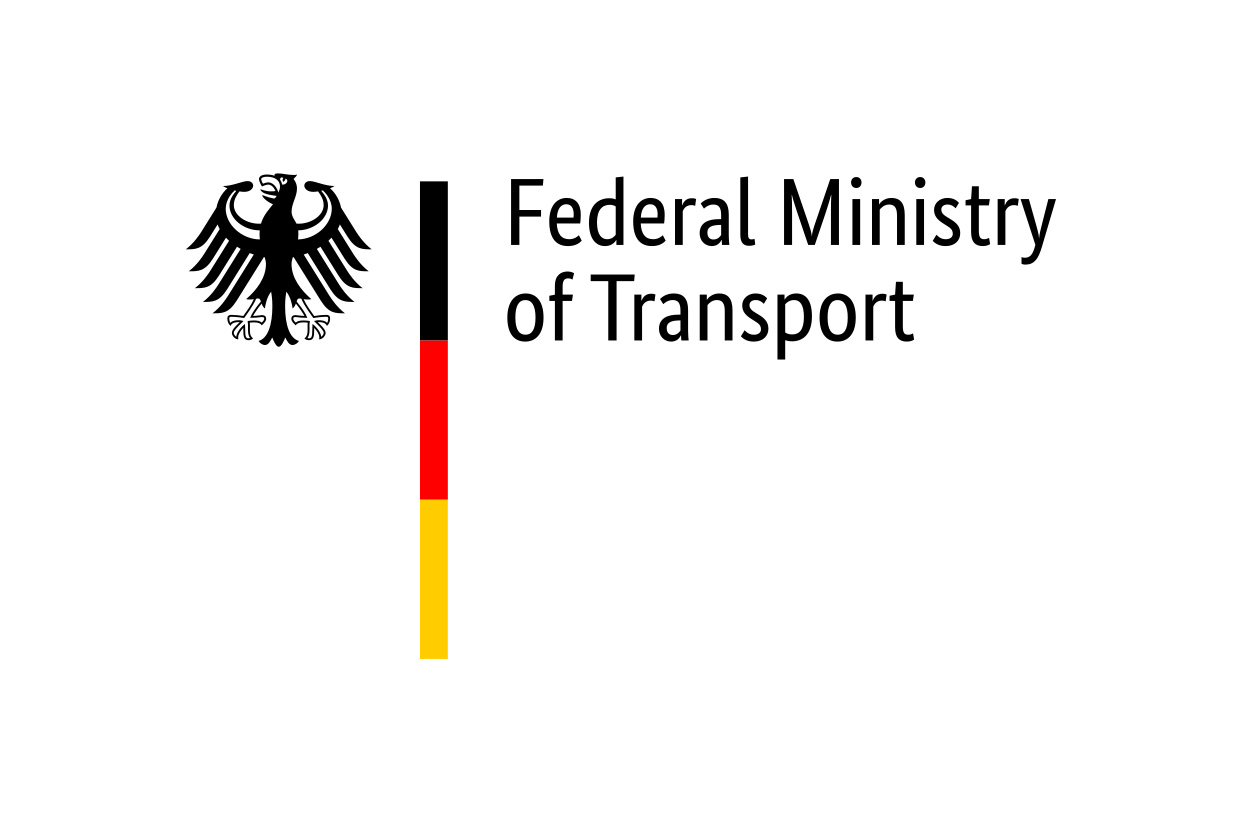“Fuels of the Future”: Kick-off for the 20th Conference
23 January 2023
Over 70 speakers will discuss measures to achieve climate change mitigation goals at the 20th Conference on Renewable Mobility “Fuels of the Future” on 23rd and 24th January. Innovative applications and further technical development of renewable fuels in the mobility sector will be at the heart of the presentations and panel discussions.
Artur Auernhammer, Chair of the German Bioenergy Association (BBE) Board, inaugurated the two-day “Fuels of the Future” conference. The first of fifteen sessions discussed the energy transition in the transport sector, caught between the imperatives of security of supply and climate change mitigation, while also highlighting the potential of sustainable fuels and drive technologies.
“Sustainable biofuels currently play an indispensable part in climate change mitigation in the transport sector: biofuels cut CO2 emissions from transport by around 11.1 million tonnes in 2021. The introduction of the greenhouse gas quota obligation, including phase-in of more stringent provisions, means that rigid energy-based quota requirements for biofuels have been replaced by the ensuing efficiency-driven competition. This effect, which chimes with resource policy objectives, reduces the physical quantities required to meet quota obligations. Its impact is reflected in the feedstock composition of the biofuel volumes credited as offsets. The German legislation therefore serves as a role model for the thrust of climate change mitigation policy in the transport sector in other EU Member States. Climate protection in the transport sector is inconceivable without biodiesel, bioethanol and biomethane. Against this backdrop, it is incomprehensible that German Minister of Agriculture, Cem Özdemir, and German Minister of the Environment, Steffi Lemke, repeatedly question the importance – and thus the future role – of sustainably certified biofuels from cultivated biomass, while also envisaging lowering the upper thresholds for use of such fuels. The legal prerequisite for market access of biofuels is ultimately their certified sustainability. The plans put forward by the two ministers would set back climate change mitigation in the transport sector by years and dramatically undermine confidence in German climate policy. We therefore take a clear stand in rejecting the amendments to the legislation that have been announced and insist that climate change mitigation in the transport sector should not be sacrificed to political point-scoring within the government”, Artur Auernhammer underlined.
Oliver Luksic, Parliamentary State Secretary at the Federal Ministry for Digital and Transport (BMDV), highlighted diversity in sustainable drive options in his presentation: “We must make use of all available climate-friendly technologies to attain our climate goals in the transport sector. That is enormously important, as not every transport application can be electrified or made efficiently climate-neutral in some other manner. The BMDV views renewable fuels as an important part of the technology mix of the future. We are therefore promoting further development and market ramp-up of advanced biofuels and e-fuels through the BMDV’s overarching “Renewable Fuels” concept, which adopts an open stance towards all technologies and encompasses all transport modes. €1.9 billion is available in the period up to 2026 under the aegis of this overarching “Renewable Fuels” concept”.
Norbert Lins, Member of the European Parliament and Chairman of the EP’s Agriculture Committee, underscored the importance of biofuels in his speech: “Transport-sector climate targets cannot be achieved without biofuels. Biofuels produced from sustainable cultivated biomass or bio-based residues and waste can be deployed in a host of applications and will constitute a highly viable option in the foreseeable future. Agriculture can play its part in this context without jeopardising food security. We need a biofuel policy that makes a fundamental contribution to mitigating climate change and simultaneously fosters domestic protein crop production. This increases crop biodiversity and reinforces regional value creation.”
Prof. Dr. Meike Jipp from the German Aerospace Center (DLR) presented recommendations from the “Climate Protection in Mobility” Expert Advisory Board on expanding use of renewable fuels: “In our society, there are high expectations with regard to the accessibility of service stations for renewable fuels. Car drivers with higher levels of ecological awareness have a higher willingness to pay for renewable fuels. Prices for renewable fuels and range are most important for buying decisions.”
John Cooper of FuelsEurope explained why action is required to ensure energy security in the transport sector: “Europe needs a liquid fuels strategy to manage the transition to renewable sources and feedstocks. The energy transition means that European refinery capacities will shrink, while the shortfall can only be made up by increased imports of refined products. Many forms of policy support are required to boost production of renewable fuels.”
The five German biofuel industry associations organising the event welcomed 700 national and international participants from 33 countries to the first day of the conference. Further information on the programme and options for last-minute registration can be found at www.fuels-of-the-future.com













